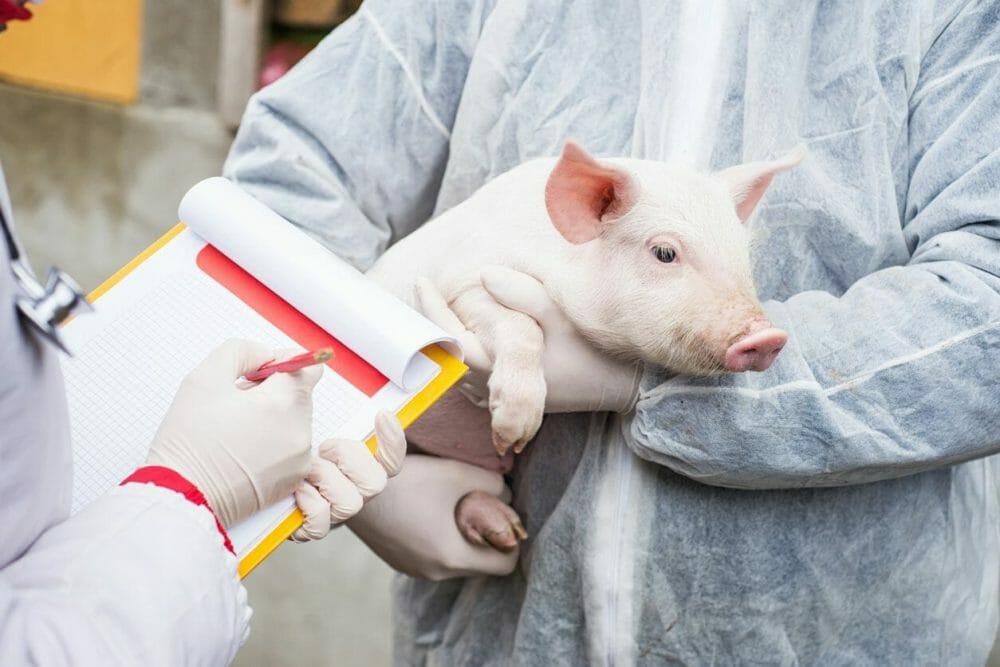In a world of African Swine Fever, increasing scrutiny of the meat industry and consumer demand for transparency, the pork industry needs to modernize. But according to Chris Bomgaars, founder of EveryPig, a software platform for pork producers to track pig health, many in the industry are reticent to move on from how things have been done in the past. Shockingly, most information about individual pigs such as records about vaccinations is still maintained on pen and paper. I saw this first hand when I visited a pork facility in Iowa a couple of years ago; above each stall, there was a notepad hanging down where workers manually entered information about the animals. Bomgaars wants to change that, for accuracy and transparency about also to increase efficiencies on these farms and enable analysis. With increasing concerns around the use of antibiotics in the meat industry — I for one choose meat that’s totally antibiotic-free — this type of analysis will be increasingly important to help reduce their use.
In this episode of Future Food, we talk about Bomgaars’ background in the industry and how he started EveryPig with his father, a veterinarian who experienced first hand many of these inefficiencies. We discuss the industry’s views of the introduction of plant-based and cell-cultured pork alternatives — a particular trend for 2020 so far — and his views on the nature of the US’s intensive pork industry. And of course, we talk about the rapid spread of African Swine Fever in China and beyond, and how technology could help.
With so much media focus on the launch and creation of meat alternatives, it’s easy to forget that the meat industry is and will remain a huge industry for many years to come, even expanding in certain parts of the developing world as middle classes grow and demand it. Pork production in the US alone is worth about $20 billion and China’s pork industry was estimated to be quadruple that in 2018 to give you a sense of the scale. And with the spread of African Swine Flu, demand for US pork from Asian countries will grow in the short to medium term.
Even if the meat industry overall is to be meaningfully disrupted by alternatives in the years to come, there are clearly many improvements needed today, for the benefit of the animals and human health. Animal agtech innovators should be encouraged.
Enjoy this episode below or on your favorite podcasting app.
I’ll be attending the Animal AgTech Innovation Summit in San Francisco in March alongside my colleague Quinten Eggink to hear from more innovators and investors in this segment of agri-foodtech.
Relevant to this podcast, I’m particularly looking forward to a session about Smart Livestock Farming: Transforming Data into Meaningful, Actionable, Integrated Insights in the morning session, and another on Traceability and Transparency: Harnessing Traceability Tools to Provide ‘Food with a Story’ in the afternoon.
Please email Quinten if you’d like to meet us!





